Unveiling the Primary Foreign Buyers of Luxury Homes in Portugal
Portugal continues to attract discerning buyers seeking luxury residences, positioning itself as the seventh most prominent luxury residential market in Europe, according to Knight Frank's The Wealth Report 2023. However, when it comes to the primary purchasers of luxury homes in Portugal, the British lead the way, closely followed by the French. Furthermore, the influx of digital nomads has played a significant role in driving the growth of this market in recent years. Now, let's delve into the specifics.
Based on The Wealth Report 2023, a comprehensive annual publication by renowned consultancy firm Knight Frank that provides insights into global wealth, prime real estate, investments, and global trends, France emerges as the leading European market for international luxury residential properties. Following closely behind are Spain, Italy, the United Kingdom, and Greece. Portugal secures its place on this list, ranking seventh among the ten most internationally sought-after 'prime' residence markets in Europe.
When examining the nationalities of luxury homeowners in Portugal, The Wealth Report highlights that the highest number of high-end properties in the country belongs to foreign individuals originating from the United Kingdom, France, the Netherlands, the United States, and Spain. Additionally, the list includes individuals from India and Brazil who have also made notable contributions to this segment of the market.
As part of the comprehensive survey conducted for this report, which involved 500 participants from private banks, consultants, intermediaries, and family offices, Knight Frank inquired about the preferred destinations for purchasing a new home. European respondents disclosed that if they were to contemplate buying a new property, their top choices would include Spain, the United States, France, Italy, and Portugal.
So the question remains: what is it about Portugal that holds such allure for a significant number of foreign individuals?
According to The Wealth Report 2023, the coastal real estate markets in Italy, France, and Portugal offer an appealing lifestyle that resonated with many individuals during the COVID-19 pandemic. These destinations are characterised by a relatively low cost of living and convenient accessibility. Notably, Portugal has experienced a notable influx of young professionals with substantial incomes in recent years, including surfers engaged in the technology industry based in the United States. The report emphasises that the trend of digital nomads flocking to Portugal displays no signs of decline, further stating that numerous technology companies are establishing offices in Lisbon. This trajectory indicates that the market is poised to attract an even larger number of investors between 2023 and 2024.
However, Knight Frank cautions that the expansion of digital nomads may encounter constraints due to tax regulations. The report explains that although individuals may be enticed by the notion of relocating their workstation from a desk in Frankfurt to a café table in Lisbon, their companies might not share the same enthusiasm. As stated in the report, up to this point, freelancers and self-employed individuals have shouldered the weight of this transition, contending with intricate tax frameworks, social security commitments, and legal ramifications that restrict their professional independence, as elucidated in the report's findings.
While destination countries demonstrate a clear commitment to streamlining tax regulations, as seen through Portugal's dedicated visa program for digital nomads, the report stresses the potential difficulties in fostering cooperation among the home countries of these remote workers.
Indeed, facilitating the acquisition of passports, visas, and citizenship plays a pivotal role in promoting global mobility among affluent investors. The report highlights Portugal and Spain as countries that actively encourage visa programs for investors. However, it is crucial to acknowledge that the landscape is evolving. The discontinuation of golden visas in Portugal is under consideration, although visas for digital nomads and start-up visas, designed to attract foreign entrepreneurs, are still available as viable options.
Portugal Property News

